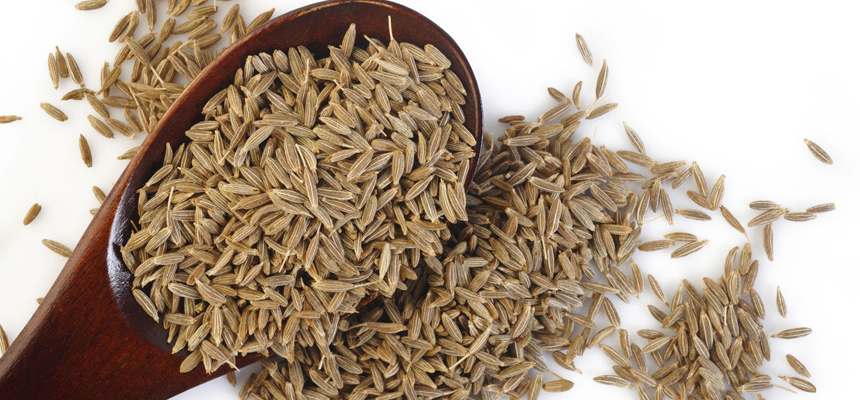Indian cities in the grip of swine flu

Indian cities are in a grip of swine flu with 1000 deaths in the country. Delhi, Mumbai, Bangalore, Hyderabad are reporting swine flu cases as the H1N1 virus has adapted to the Indian climate and strikes when the temperatures are low.
Swine flu virus transmission from human to human is when they are in large gatherings like marriages, festival season, public transport and also other social functions.
Swine flu is caused by H1N1 influenza virus and is a respiratory disease. Being a contagious disease, H1N1 virus transmits form an infected person to a healthy one like any other influenza virus through the modes of inhalation, ingestion, or through human touch. “Swine flu often manifests like the normal influenza infection, with symptoms like cold and cough, running nose, fever, among others. The problem begins when the patient starts feeling severe breathlessness, headache, lose motions and gastrointestinal symptoms like abdomen pain”, explained Dr. Ashish Khattar, Consultant, Internal Medicine, Venkateshwar Hospital, Dwarka.
Those who are susceptible to respiratory infections, travel from one city to another within states or outside states need to wear masks as it is found to protect them.
Swine flu patients are grouped in 3 categories. Dr. Ashish Khattar elaborated on the 3 categories, “Those who present with mild influenza symptoms fall in category A. They are advised to restrict themselves to home, and necessarily do not undergo testing for H1N1 virus. Category B includes those who show all the signs of swine flu and test positive for H1N1, and therefore are at high-risk. Mildly ill children, women who are pregnant, and people older than 65 years, especially if they have other health diseases, also fall in high-risk category.”
Patients are treated with ‘Oseltamivir’ and are advised home confinement. Those who have symptoms of category A and B and have to be hospitalized due to severe form of chest pain, breathlessness, and other symptoms fall in category C.
It is important for people to know that triple antigen vaccination for swine flu is available and getting vaccinated is the best preventive measures for those who are suffering from severe diabetes, respiratory infections and are immune compromised.
One should continue with best hygiene practices like washing hands before having food, and should also avoid close contact with influenza patients. It is also important to adopt hygiene practices when in public spaces:
![]() Wear masks when in crowded place to avoid inhaling the infection
Wear masks when in crowded place to avoid inhaling the infection
![]() Wash your hands thoroughly with soap several times a day
Wash your hands thoroughly with soap several times a day
![]() Avoid touching your face or nose with unwashed hands, make sure you wash your hands after returning from a public place or using public transport
Avoid touching your face or nose with unwashed hands, make sure you wash your hands after returning from a public place or using public transport
![]() Maintain cough etiquette
Maintain cough etiquette

 Disclaimer: Welthi.com does not guarantee any specific results as a result of the procedures mentioned here, and the results may vary from person to person.
Disclaimer: Welthi.com does not guarantee any specific results as a result of the procedures mentioned here, and the results may vary from person to person.









